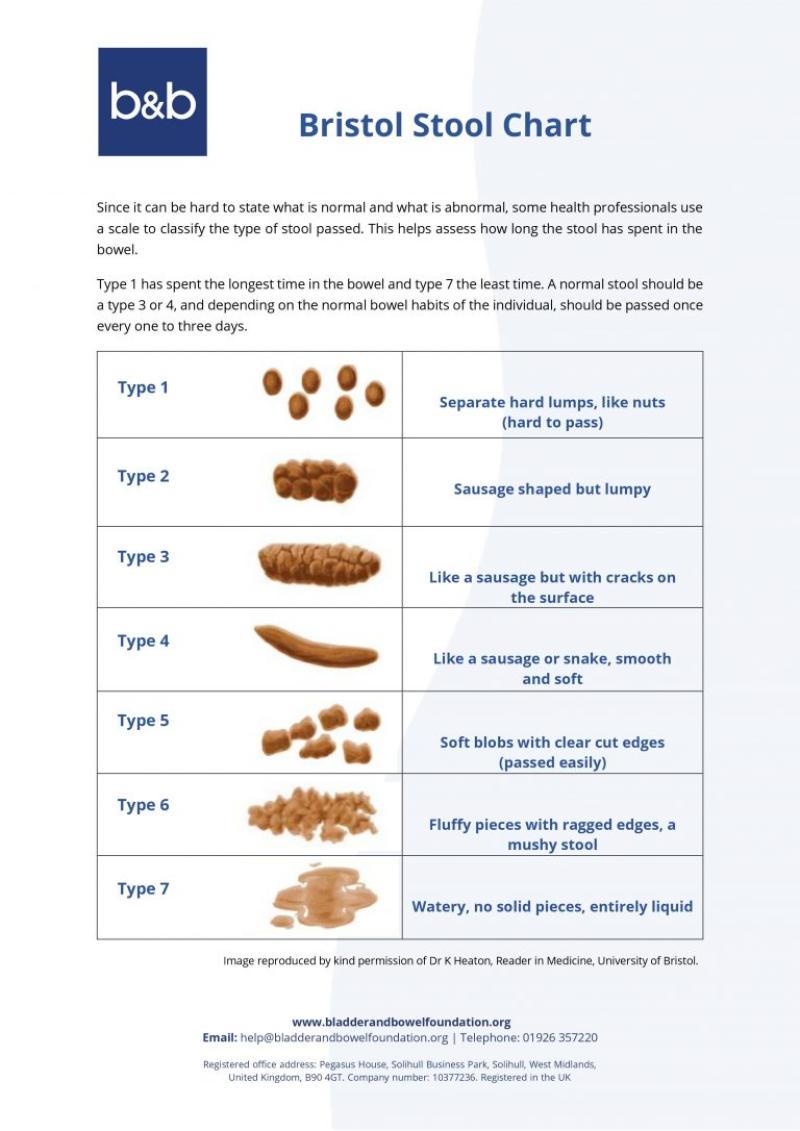What is an abnormal stool?
Stool, or feces, is the solid waste product that is eliminated from the body through the rectum and anus during the process of defecation. The appearance, color, and consistency of stool can vary among individuals, but certain changes may indicate abnormalities in digestive health. Here are some characteristics of abnormal stool:
Color Changes:
- Black or Tarry Stool: This may indicate the presence of digested blood, and it could be a sign of bleeding in the upper digestive tract.
- Pale or Clay-Colored Stool: This can be associated with problems in the liver or bile ducts, affecting the normal production and release of bile.
Blood in Stool:
- Visible blood in the stool can have various causes, including hemorrhoids, gastrointestinal bleeding, or certain medical conditions.
Changes in Consistency:
- Watery or Diarrheal Stool: Persistent diarrhea can be a symptom of infections, certain gastrointestinal disorders, or dietary issues.
- Hard, Lumpy, or Pellet-Like Stool: This may indicate constipation, dehydration, or a diet lacking in fiber.
Unusual Odor:
- Changes in the smell of stool can sometimes be associated with certain digestive disorders or malabsorption issues.
Undigested Food Particles:
- Seeing undigested food in the stool could be a sign of malabsorption or problems with the digestive process.
Mucus in Stool:
- The presence of mucus in the stool may be associated with inflammation or irritation of the gastrointestinal tract.
It's important to note that certain factors, such as diet, medications, and individual variations, can influence the appearance of stool. However, persistent or significant changes in stool characteristics should be discussed with a healthcare professional. It's especially crucial to seek medical attention if there is blood in the stool, persistent diarrhea, severe abdominal pain, or other concerning symptoms.
If you notice any significant changes in your stool that you find abnormal or if you have concerns about your digestive health, it is recommended to consult with a healthcare provider for a thorough evaluation and appropriate diagnosis. They may perform tests and examinations to determine the underlying cause of any abnormal stool characteristics and develop a suitable treatment plan.
Abnormal stool characteristics can indicate underlying health issues and warrant medical attention. Here's a guide to identifying signs of abnormality in stool:
Consistency:
Hard, dry stools: Difficulty passing stools, often accompanied by straining or discomfort, may indicate constipation.
Loose, watery stools: Frequent, watery stools, often with an urgent need to defecate, may indicate diarrhea.
Color:
Black, tarry stools: Dark, sticky stools can be a sign of upper gastrointestinal bleeding, potentially from bleeding ulcers or stomach lesions.
Pale, clay-colored stools: Light-colored stools can indicate a blockage in the bile duct, preventing bile from reaching the intestines, which is essential for normal stool color.
Red stools: Bright red blood in stool can indicate bleeding from the lower gastrointestinal tract, such as hemorrhoids or anal fissures. Maroon-colored stools may indicate bleeding higher up in the digestive tract.
Additional Signs:
Mucus in stool: A small amount of mucus is normal, but excessive mucus can indicate inflammation or infection in the intestines.
Greasy stools: Stools that appear oily or greasy and difficult to flush may indicate malabsorption, a condition where the body doesn't properly absorb nutrients from food.
Foul-smelling stools: While stools can have a range of odors, excessively foul-smelling stools may indicate an underlying digestive disorder.
If you notice any of these abnormal stool characteristics, it's important to consult with a healthcare provider to determine the underlying cause and receive appropriate treatment. Remember, early detection and treatment can help prevent complications and improve overall health.













